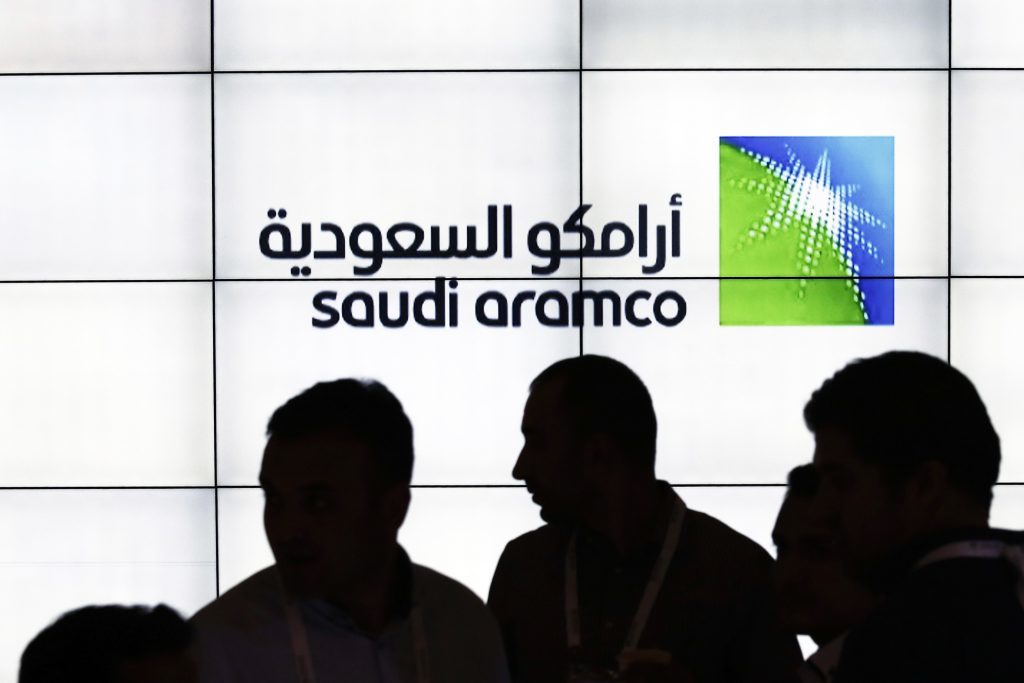
Saudi Arabia’s plan to erase its budget deficit by 2023 relies on a scenario that would see oil revenue surge by about 80 percent, according to people with knowledge of the matter.
Under a six-year fiscal program, officials predict rising oil prices and output will push income from oil sales to 801.4 billion riyals ($214 billion) from 440 billion riyals this year, the people said on condition of anonymity because they aren’t authorized to share the data publicly. It assumes the price of oil will reach $75 a barrel. Non-oil revenue, excluding income from the Public Investment Fund, would increase 32 percent to 337 billion riyals, they said.
The forecasts show how essential crude prices are to repair public finances even as Crown Prince Mohammed bin Salman tries to prepare the kingdom for the post-oil era. The kingdom has led a drive among major non-OPEC members to stabilize oil markets through production cuts that have helped Brent crude prices gained 17 percent this year to $66.87 a barrel on Wednesday.
The oil revenue forecast “looks challenging given the development in the shale industry,” said Monica Malik, chief economist at Abu Dhabi Commercial Bank. “The strong oil revenue growth in 2017 will be difficult to repeat.”
Authorities expect oil production to increase from an average of 10 million barrels a day this year to 11.03 million barrels in 2023. For 2020, they predict output of 10.45 million barrels a day, generating 605 billion riyals in revenue, the people said.
The Ministry of Finance declined to comment.
Read More: Saudi Arabia Slows Pace of Energy Subsidy Cuts to Boost Economy
The scenario may signal that the world’s biggest oil exporter doesn’t currently see a need to extend the agreement to cut production beyond 2018 as a global supply glut eases.
Easing austerity “could prove premature if oil prices disappoint,” Jean-Michel Saliba, an economist at BofA Merrill Lynch in London, wrote in a report last week. “Energy policy is likely to remain focused on supporting the oil market rebalancing and enabling the government’s shift to boost growth near-term.”
The kingdom’s benchmark Tadawul All Share Index gained 0.3 percent at 11:05 a.m. in Riyadh.
Top Saudi officials last week rolled out an expansionary budget for 2018 to revive an economy battered by austerity and low oil prices. Gross domestic product contracted 0.5 percent in 2017.
A document outlining some details of the fiscal program and published by the Saudi Press Agency showed authorities expected non-oil economic growth to stay above 3 percent through 2020 from 1.5 percent this year. The document has since been deleted from the agency’s website.
Recommended for you
